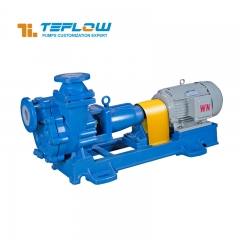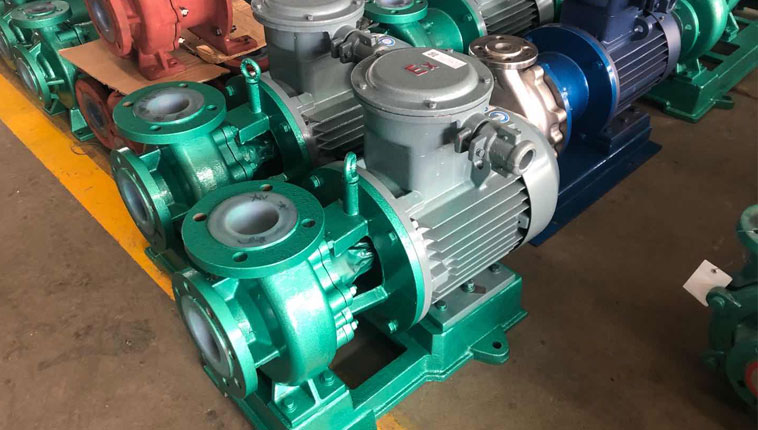In the field of industrial fluid transportation, mortar pumps and slurry pumps are two common devices. Their names are similar and their functions partially overlap, but there are significant differences in actual application scenarios, structural designs, and applicable media. This article will discuss in detail the differences between mortar pumps and slurry pumps and their respective product characteristics to help you better understand and choose the equipment that suits your needs.
1.Definition and core functions
Mortar pump:
Mortar pumps are specially used to transport mortar-like media containing fine particles, such as cement mortar, lime mortar, etc. This type of medium is characterized by small particle size (usually less than 5 mm) and good fluidity, but has certain requirements on the sealing and anti-wear performance of the pump. Mortar pumps are widely used in construction sites, municipal engineering and other fields.
Slurry pump:
Slurry pumps are mainly used to transport high-concentration, highly abrasive solid-liquid mixed slurries, such as mine tailings, coal gangue slurry, metallurgical slurry, etc. The particle size range it handles is larger, and the medium often contains sharp or hard solid particles, so the wear resistance and impact resistance of the pump are extremely high.
2.Differences in structural design
Material of flow-passing parts:
Mortar pumps usually use high chromium alloy cast iron or wear-resistant rubber as the material of the flow parts (such as impellers and pump casings) to cope with the long-term erosion of fine particles.
Because the medium of slurry pump is more abrasive, the flow parts need to use more durable materials, such as ultra-high molecular weight polyethylene, duplex stainless steel, or even ceramic coating. Some heavy-duty slurry pumps are also designed with replaceable wear plates.
Impeller and flow channel design:
The impeller blades of the mortar pump are wider, and the flow channel design focuses more on low resistance and anti-clogging to avoid siltation caused by changes in mortar fluidity.
The impeller blades of the slurry pump are short and thick, and the flow channel is wider to allow large particles to pass through and reduce the risk of clogging. Some models adopt open impeller design for easy cleaning.
Sealing method:
Mortar pumps often use mechanical seals to prevent mortar leakage.
Slurry pumps are more corrosive due to the medium, so combined sealing systems (such as mechanical seals + packing seals) are often used, and even flushing water systems are introduced to extend the seal life.
3.Misunderstandings and precautions when selecting models
Misunderstanding:It is believed that "slurry pumps can completely replace mortar pumps".
Actually:Although slurry pumps can handle larger particles, their energy consumption and cost are high. If they are used to transport low-abrasive mortar, they may cause waste due to low efficiency and high power consumption.
Precautions:Select the type of pump according to the characteristics of the medium (particle hardness, particle size, concentration); regularly check the wear of flow-passing parts, and slurry pumps need to replace sheaths, impellers and other wearing parts more frequently; in highly corrosive environments, additional consideration must be given to the acid and alkali resistance of the material.
Although mortar pumps and slurry pumps are both slurry conveying equipment, they have essential differences in design concepts and performance due to different media characteristics and working conditions. Mortar pumps pay more attention to economy and anti-blocking properties, and are suitable for working conditions with fine particles and medium and low concentrations; slurry pumps emphasize wear resistance and the ability to pass large particles, and are core equipment in heavy industries such as mining and metallurgy. Correct selection can not only improve production efficiency, but also significantly reduce maintenance costs and extend equipment life.





 +86 18130251359
+86 18130251359 teflowpumps@tlpumps.com
teflowpumps@tlpumps.com











 +86+0563-5093318
+86+0563-5093318
